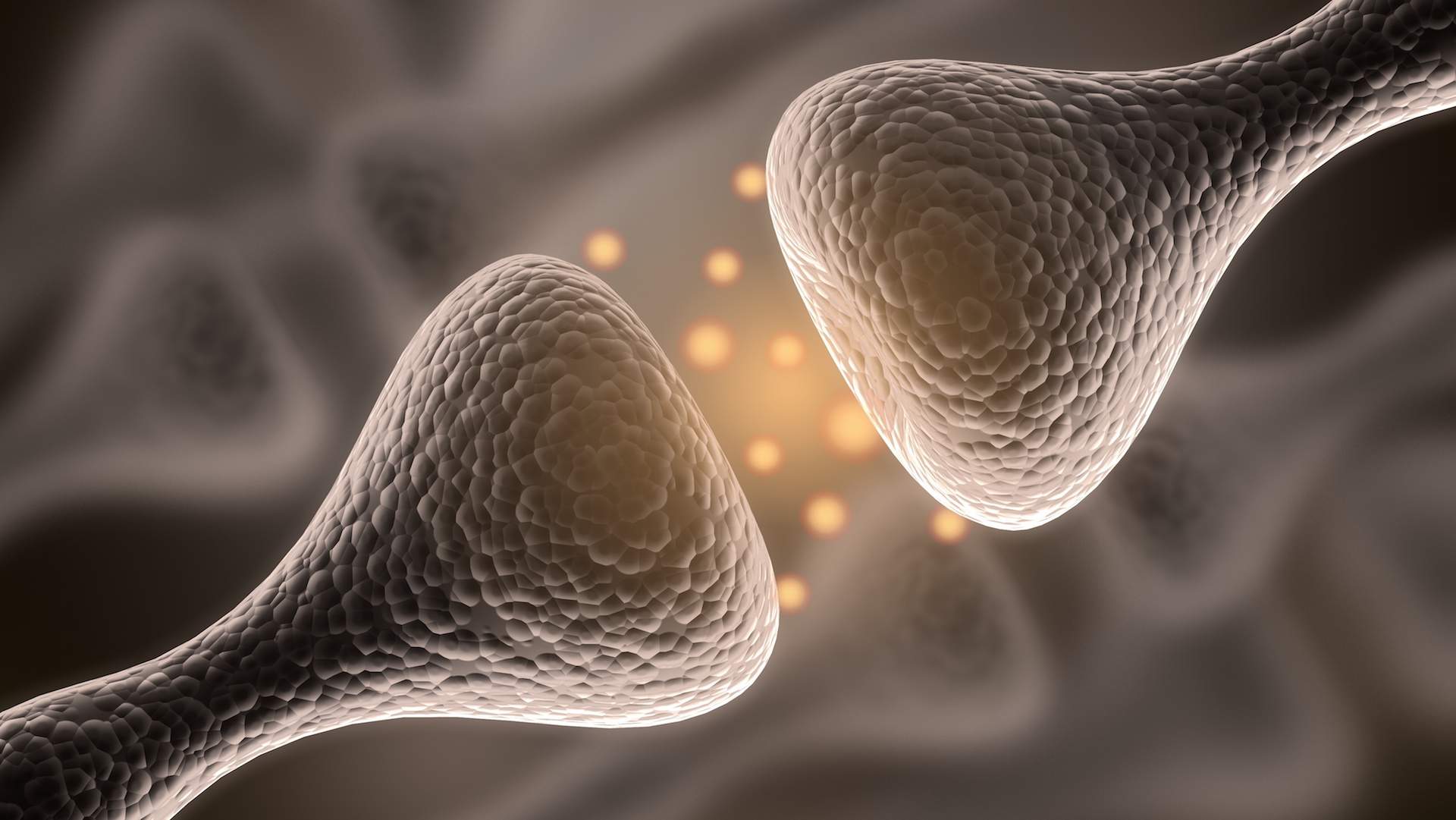
20 Oct Brain Hacks To Become A Star Performer
Have you ever wondered what makes some employees compelled to go the extra mile at work, while others are ok with just getting by? Science suggests that each individual’s willingness to put in extra effort at work may be explained in terms of our brain chemistry. Hard working, effective, productive employees are referred to as “A Players”, “Go-Getters”, “High Potentials”, and “Star Performers”. Could it be that the motivation and drive evidenced by the behavior of these employees largely results from a chemical in our brains typically known as the “happy chemical”?
Dopamine. The Happy Chemical
Dopamine is the neurotransmitter produced in the brain that is most commonly associated with feelings of pleasure. But, in recent years scientists have also noted that we experience high spikes in the chemical not just when we experience joy, but also when faced with extreme stress. For example, soldiers with PTSD experience dopamine surges when they hear gunshots. Since gunshots and PTSD certainly don’t equate to feelings of satisfaction and joy, this finding has led some scientists to re-evaluate the purpose of the brain chemical traditionally known to be all about pleasure. Some now believe that dopamine isn’t just released when we have good feelings. Dopamine is now also believed to play a part in driving motivation, memory, behavior and cognition, attention, sleep, mood, and learning.
John Salamone, a UConn Board of Trustees Distinguished Professor, spent years doing research about the effects of increased levels of dopamine on the brain and how it relates to feelings of pleasure. His most famous study involved rats that were presented with varying degrees of rewards requiring different levels of effort to obtain. Salamone found that rats with higher levels of dopamine in their brains were willing to exert more effort to achieve a greater reward, while those with lower levels of dopamine opted for the lesser reward that required less energy to obtain. From this study, Salomone concluded that “Low levels of dopamine make people and other animals less likely to work for things, so it has more to do with motivation and cost/benefit analyses than pleasure itself.”
Other studies have supported Salamone’s findings and concluded that dopamine is released when we experience the anticipation of a reward, even if that reward is relief from a negative outcome, rather than the actual experiencing of the reward. When drained of dopamine, rats will still enjoy the taste of sugar when it is given to them, but they won’t exert any effort to get it. In other words, dopamine spurs us to work to get what we think will bring us joy.
Get the Dopamine Flowing At Work
So, what can we do at work to take advantage of the many positive effects of dopamine, including increased motivation to achieve bigger rewards, better memory function, more attentiveness, and an elevated ability to learn? There are plenty of healthy, proven ways to increase dopamine levels naturally.
- Break up long term goals into short term goals. Celebrating milestones when working towards a bigger goal gives you dopamine boosts along the way, which in turn provides you with motivation to keep persevering towards the end goal. In fact, according to neurologist Judy Willis, setting incremental goals rewires the brain to associate a dopamine drench with a task. That means that dopamine will flow because of your brain’s positive reinforcement each time you complete a task.
- Create new goals before the current goals are achieved. Dopamine is short lived and dopamine hangovers can occur when we tank out after a massive high. This explains why post marathon depression is common, especially after a runner’s first marathon. As runners train for marathons, they get incremental doses of dopamine as they reach milestones in their training. Once the marathon is over, there is a void created by the loss of dopamine surges. As such, runners are often advised to set new post marathon goals before completing the race for which they are training.
- Link short term projects to business goals. Greater levels of accomplishment are associated with higher levels of dopamine. Learning how the work that you are doing contributes to a greater purpose gives you more opportunities to experience mini-victories and therefore release dopamine into your system. Strive to understand how the work that you do everyday fits into to the overall business strategy.
- Learn something new at work. Dopamine production is triggered when we learn something new and exciting. Carve out some time during the day to discover new information.
- Take breaks to exercise during work hours. Exercise stimulates blood calcium which stimulates dopamine release in the brain. Even moderate exercise, such as walking around the block or taking the stairs, can be beneficial.
Scientific thinking about what dopamine’s function is in our brains is has changed over the last few decades. At work, increased dopamine levels can increase our level of engagement with our company, its mission, values, and strategies. Employers today are more frequently recognizing their responsibility to increase employee engagement levels, but the responsibility doesn’t lie solely with the company. Naturally increasing your dopamine levels can lead to increased motivation and get you on your way to becoming an invaluable star performer in your company.
Sorry, the comment form is closed at this time.